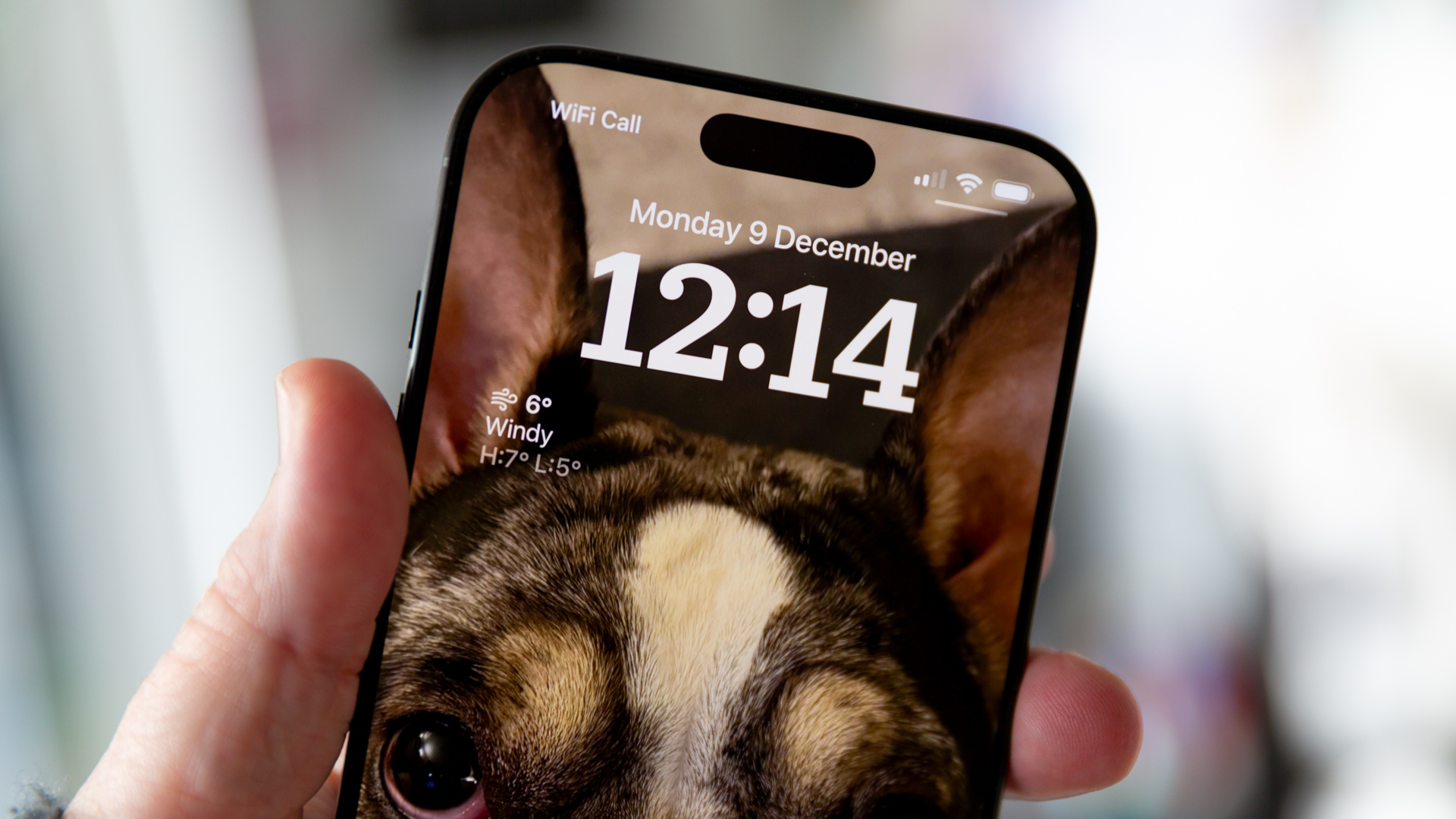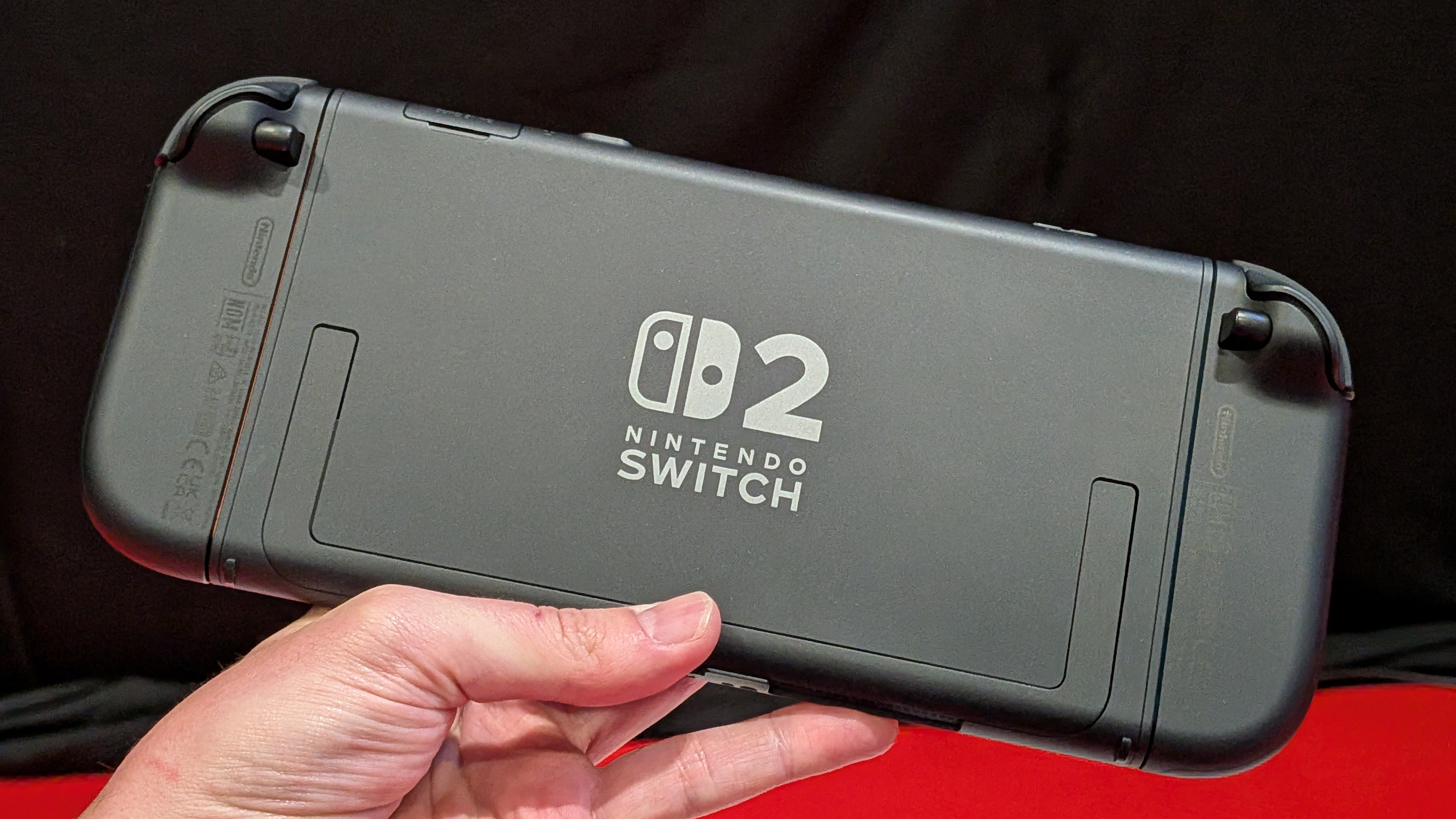

When Elon Musk’s Neuralink brain implant technology got the green light earlier this year, the internet was ablaze with memes that linked Tesla’s reputation for spontaneous combustion and Auto-Pilot mishaps. It's not surprisingly really, as the man responsible now wants to mess with your head… literally.
It looks like the world’s richest dude is edging ever close to his cyborg dreams, as the American Food and Drug Administration has approved Neuralink for an investigational device exemption (IDE) that effectively allows Musk’s brain tech to be used for clinical studies.
The agency, which originally denied the company’s request to fast-track human trials, has performed a U-turn, yet it hasn't disclosed why. Remember, this is the same agency that was embroiled in the OxyContin scandal for all those Dopesick fans out there.
This green light means Musk and Neuralink can begin studies on humans to test its experimental brain implant, which the company’s outspoken owner believes will one day help humans keep up with artificial intelligence - melding the human brain with a super computer.
Neuralink has also created a Surgical Robot, as it claims the threads of its implant are so fine that they can’t be inserted by human hand. A robot, inserting a computer into human brains… what could possible go wrong?
It all sounds very Terminator, but a recent blog on the company’s website says that it is now looking to recruit "those who have quadriplegia due to cervical spinal cord injury or amyotrophic lateral sclerosis (ALS)" to help with the study.
The Precise Robotically Implanted Brain-Computer Interface (PRIME) study aims to evaluate the safety of Neuralink’s implant (N1) and surgical robot (R1), as well as assess the initial functionality of its wireless brain computer interface (BCI) for enabling people with paralysis to control external devices with their thoughts.
Sign up to the T3 newsletter for smarter living straight to your inbox
Get all the latest news, reviews, deals and buying guides on gorgeous tech, home and active products from the T3 experts
Those who qualify for the study will have the R1 robot implant the BCI, with the initial goal to grant people the ability to control a computer cursor or keyboard using their thoughts alone.
If successful, the technology has the potential to change the lives of those living with disabilities, but considering Musk’s and Tesla’s track record, the internet has a right to be sceptical.
Leon has been writing about automotive and consumer tech for longer than he cares to divulge. When he’s not testing the latest fitness wearable and action camera, he’s out in a shed fawning over his motorcycles or trying not to kill himself on a mountain bike/surfboard/other extreme thing. He's also a man who knows his tools, and he's provided much of T3's drills coverage over the years, all without injuring himself.

